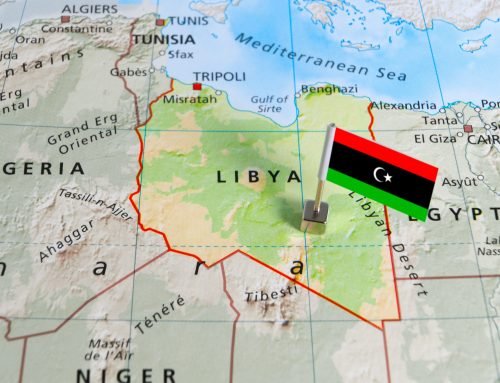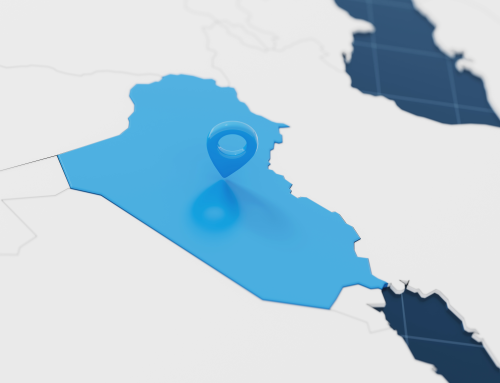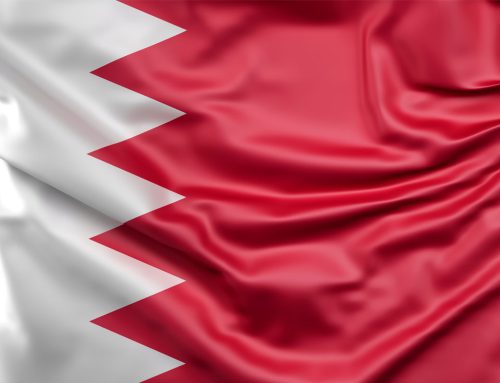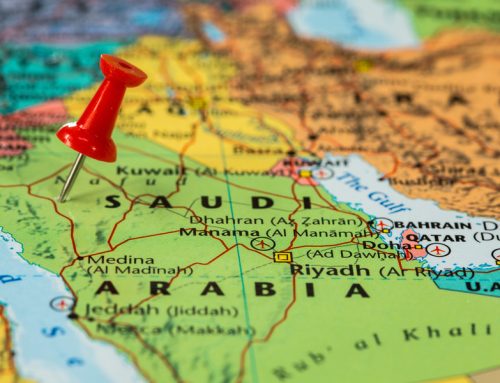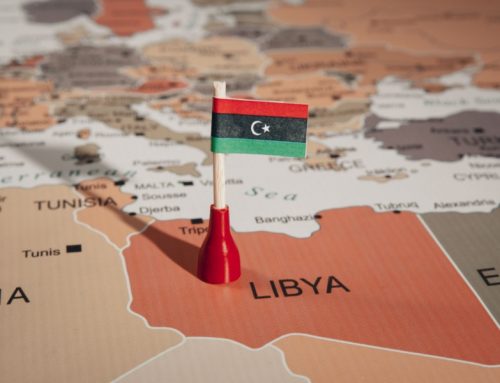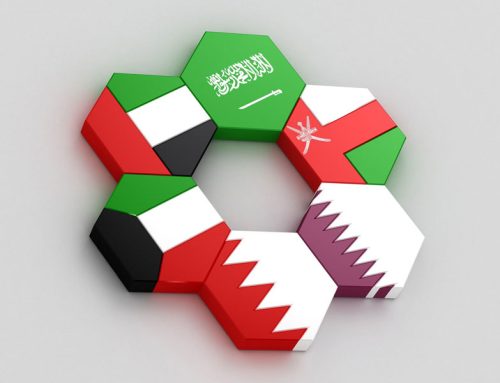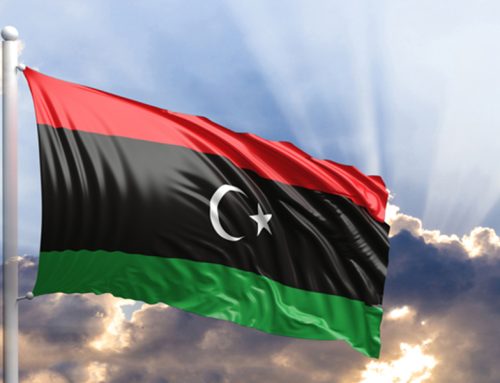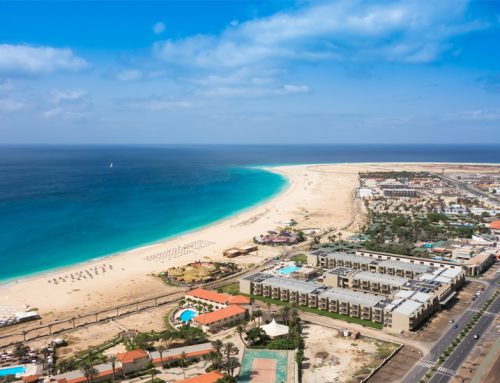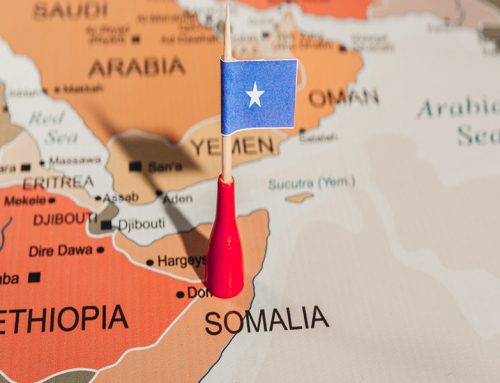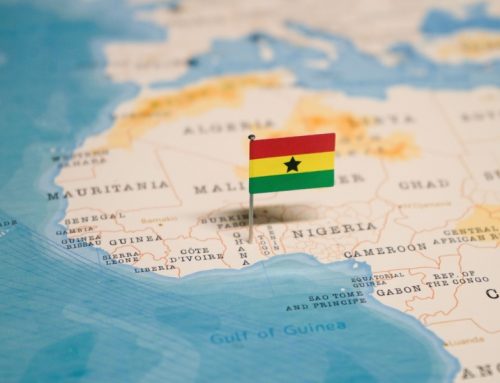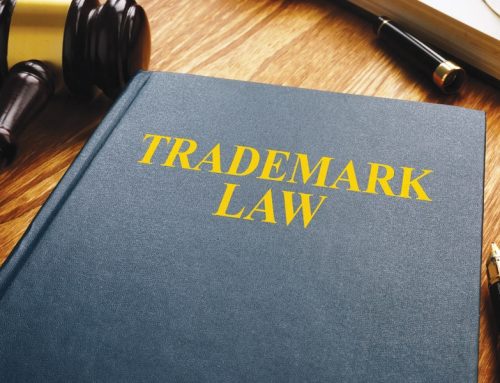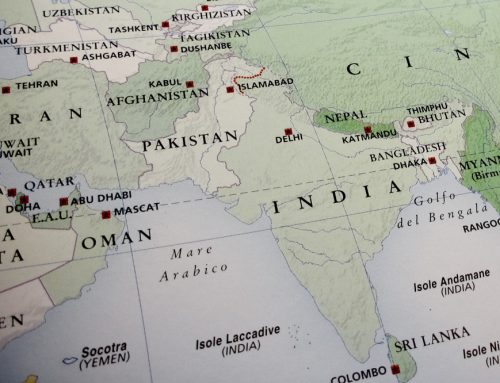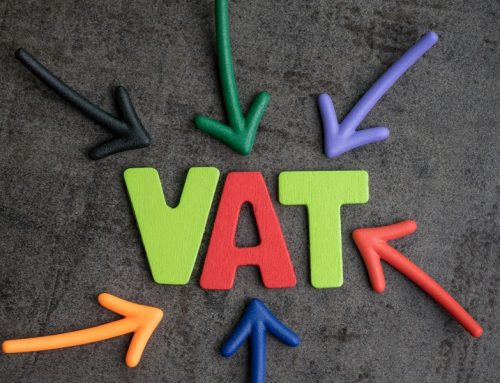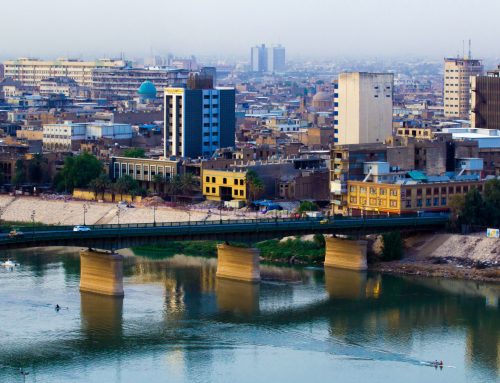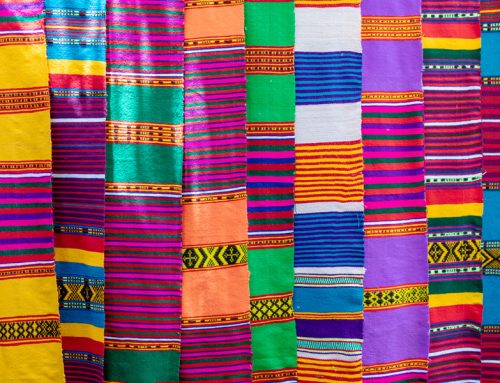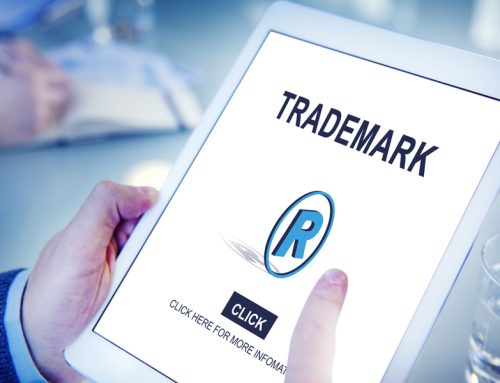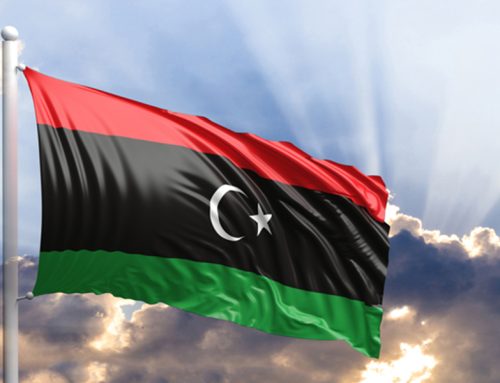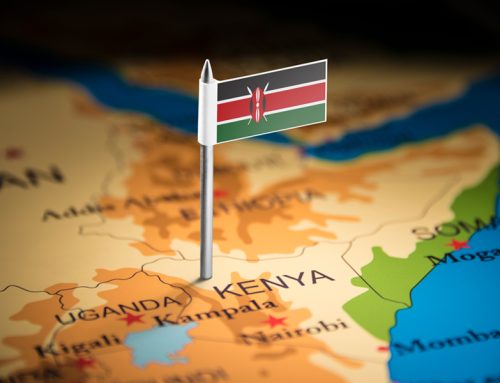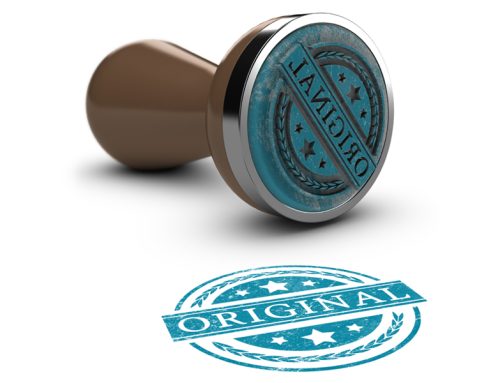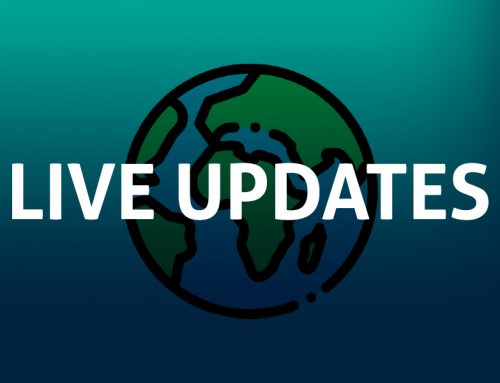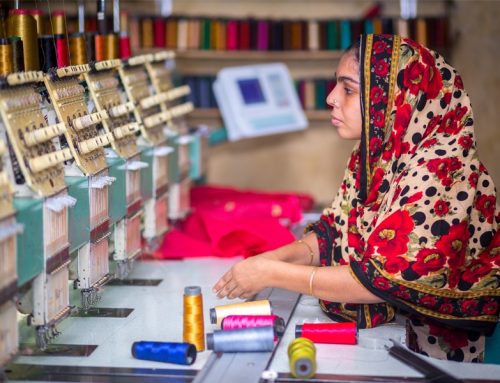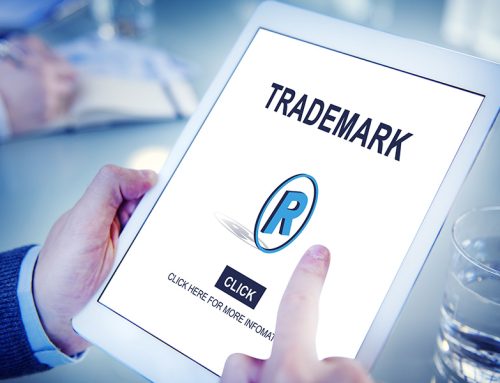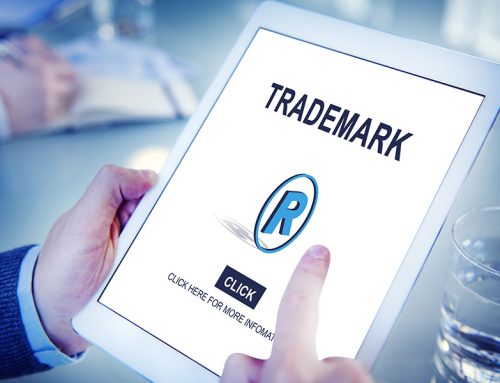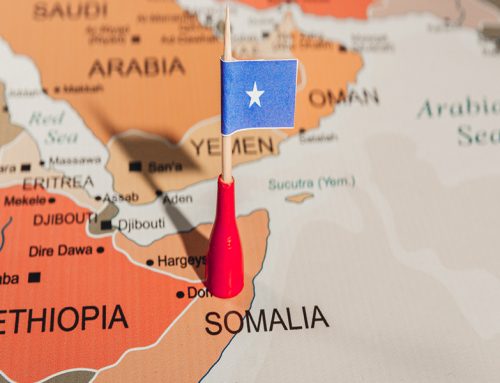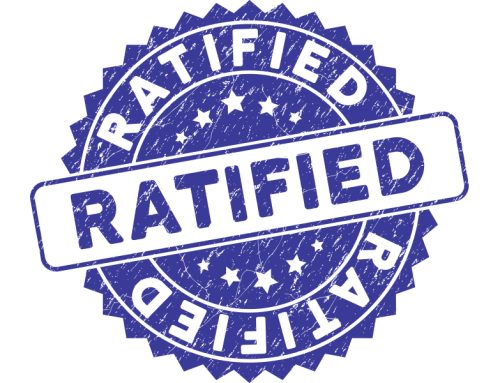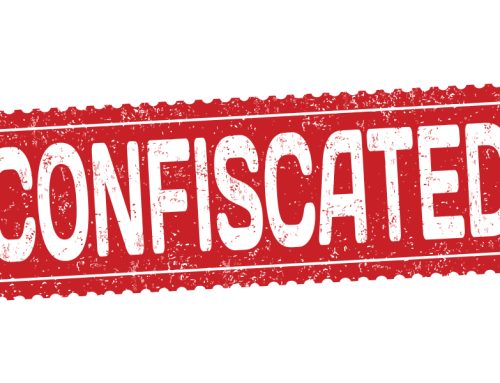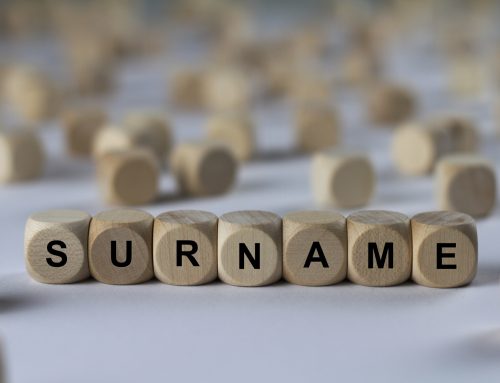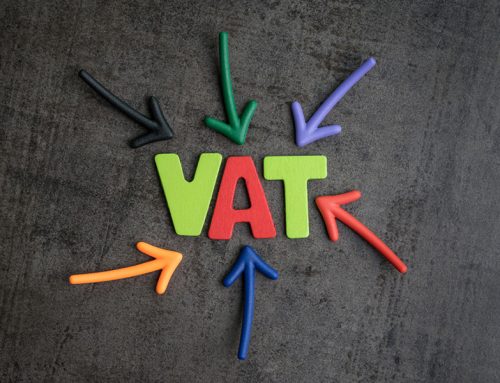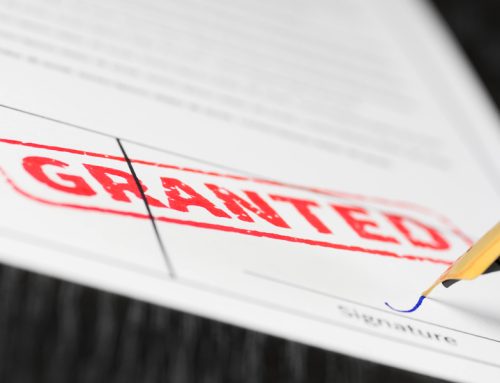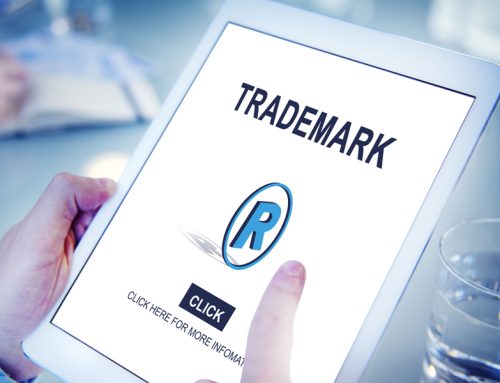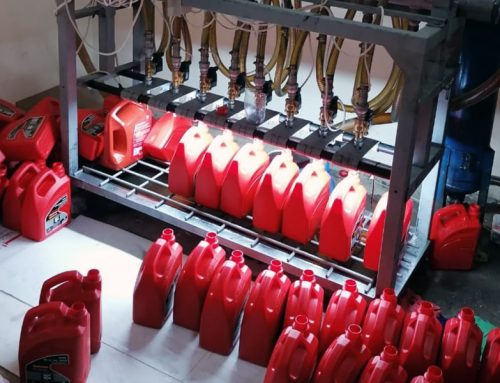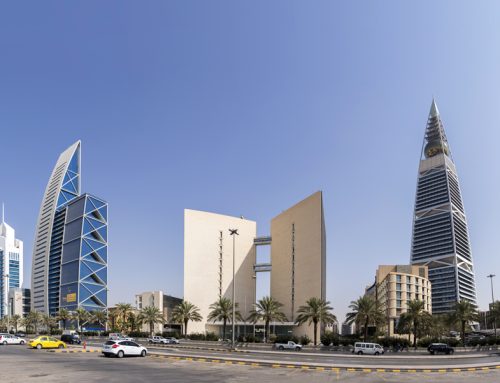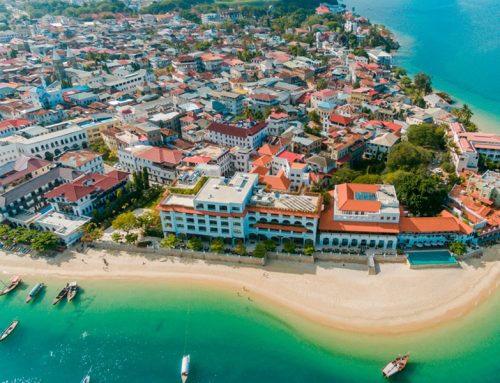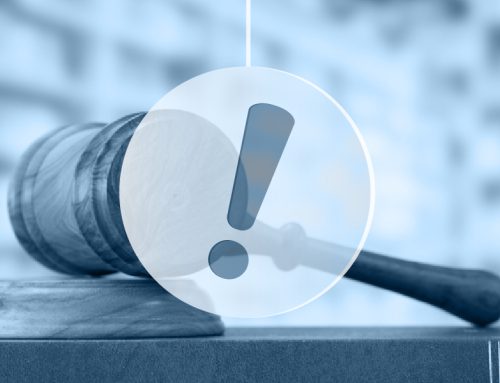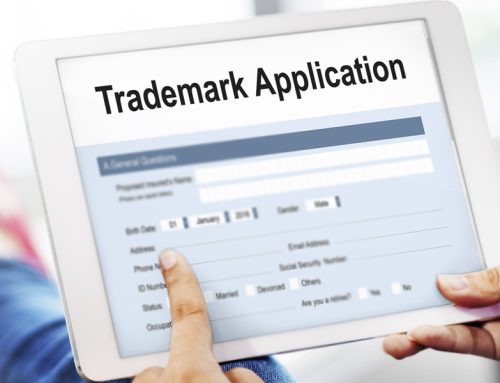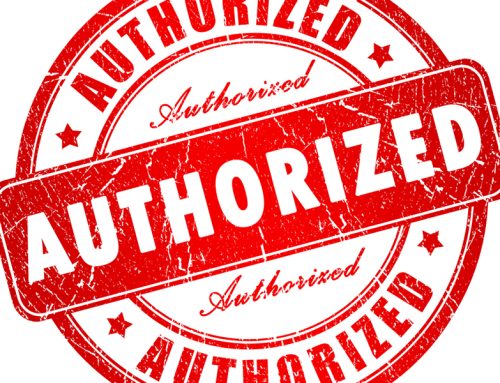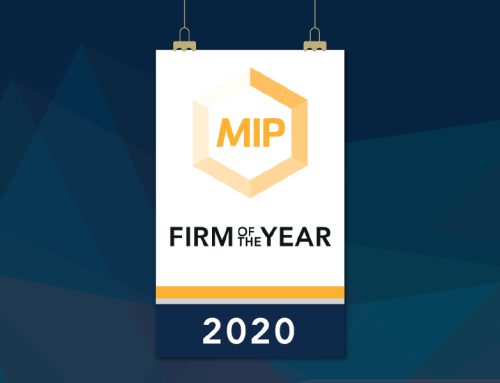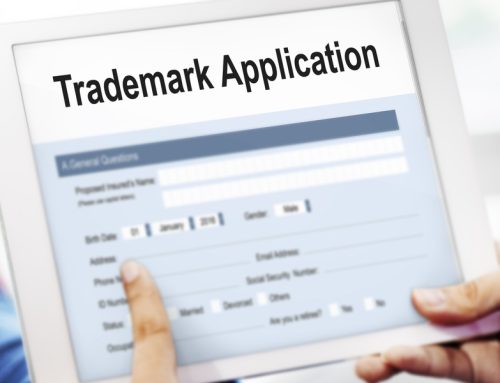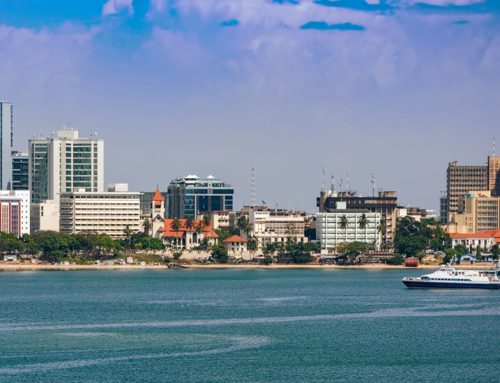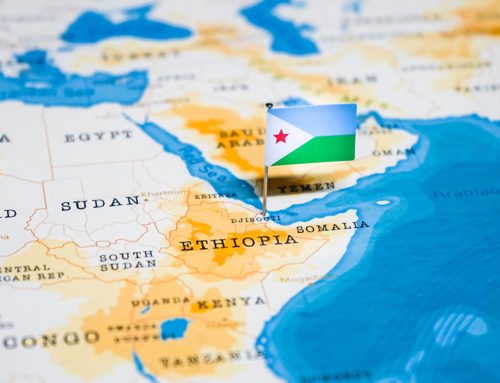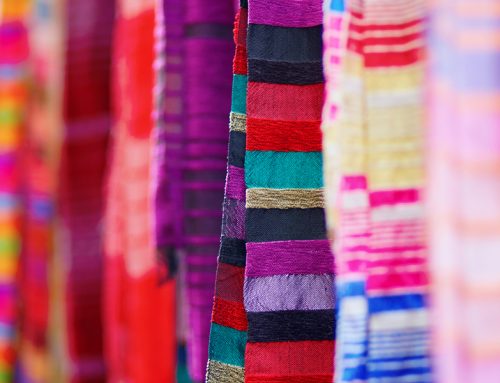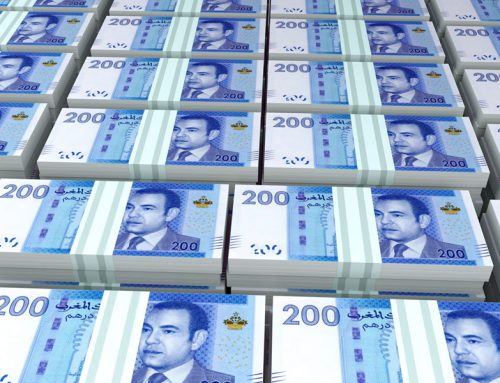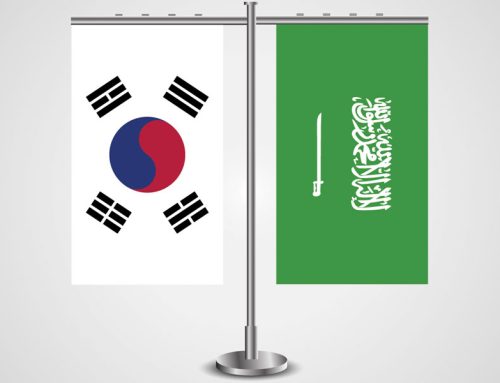The opposition system in the MENA region runs smoothly as it comes in line with the underlying provisions of the trademark laws that are in place, as well as numerous treaty obligations including the Paris convention filings and protection of unregistered well-known trademarks. There is no pan-Arab opposition system in view of the fact that a unified filing system similar to the European Union Trademark still does not exist.
- Elements and Grounds of an Opposition
Pre-registration opposition proceedings are available in all countries except for a few namely Lebanon and Algeria. Legal cancellation proceedings are the only available course of action in order to contest the registrability of a mark in these two countries.
Opposition proceedings are administrative in all counties (filed before the TMO) except for KSA and Iran. Administrative proceedings are, in principle, less expensive than Court proceedings, and are based on written record with jurisdiction mostly limited to the issue of registrability. Being first-to-file countries, the applicant or the authority administering the opposition cannot require the opponent to provide proof of use of the earlier registered mark that is the basis of the opposition. In order to contest use, the applicant must initiate separate non-use cancellation proceedings. The opposition proceedings will not be interrupted pending the issuance of a decision in the cancellation action and vice versa.
Even if prior rights are not established locally, an opposition can still be filed based on fame. The extent to which a trademark is considered famous is usually determined according to the international standards for the protection of well-known trademarks (Article 6bis of the Paris Convention) as well as the local standards for well-known trademark protection. Any probative evidence will be accepted, and a determination will be based on the totality of the evidence, including such factors as (i) the duration and geographic extent of sales; (ii) sales figures; (iii) advertising figures and samples of advertising; (iv) awards, reviews and press reports; (v) the reputation of the mark within the relevant trade and consumer groups in the country; and (vi) expert testimony and surveys designed to assess the recognition of brand names.
Other admissible grounds for opposition include: absolute grounds; bad faith issues; rights under Article 6septies of the Paris Convention (registration in the name of the agent or other representative of the proprietor of the mark); rights under Article 8 of the Paris Convention (trade names); rights under Article 6ter of the Paris Convention (Prohibitions concerning State Emblems, Official Hallmarks, and Emblems of Intergovernmental Organizations); offenses against public policy or principles of morality. This list should certainly not be considered exhaustive and conclusive.
- Time for Filing Opposition and Extension Requests
Requests for extending an opposition are only possible in Jordan but approval is not granted automatically. Reasons for the request must be fully explained and considered acceptable. Extension is allowed only if the power of attorney, which is necessary at the time of filing the opposition, is not available. Anyone may oppose within the original 3-month opposition period, but only those who obtain extensions of time to oppose may file during an extended opposition period.
The opposition period ranges between 60 to 90 days from publication date in almost all MENA countries. As an exception, Iran has a 30-day opposition period, while Sudan’s opposition period lasts up to 8 months from publication date.
- Procedure and Withdrawal
The work-flow platform in all countries does not eliminate the need for paper. There are still no electronic means for filing oppositions and for issuance of decisions. Generally speaking, as the party bringing the case, the opponent is responsible for submitting a brief on the case. The applicant is then expected to file a counter-statement, and the opponent will have the option to reply. In few countries, such as Syria, there are time frames and page limits associated with the filing of the briefs, while in Jordan, for example, the number of pages for submission is open with a regulatory requirement to submit the evidence in the form of an affidavit along with exhibits substantiating the claims.
Hearings are conducted as oral arguments in support of the opposition proceedings only in few countries including Jordan, Kuwait and Oman. Limited evidence and testimony may also be presented in hearings to supplement the legal arguments. On the other hand, in countries such as Morocco and Egypt, proceedings are only a written record with an oral hearing held only if requested by one of the parties. No new evidence can be introduced if an oral hearing is appointed. Oftentimes, the examining authority takes this time to ask questions about facts and arguments that were not clear in the parties’ briefs.
Usually, either party can withdraw from proceedings at any time, but the opposition proceedings will remain active until an official notification is issued by the TMO attesting the withdrawal.
|
Country |
Opposition |
|
Algeria |
Trademark applications are published in the Official Gazette after registration, and there is no provision for filing an opposition to the registration of a mark. |
|
Bahrain |
Trademark applications accepted by the Registrar are published in the Official Gazette. Oppositions may be filed within 60 days from publication date. |
|
Egypt |
Trademark applications accepted by the Registrar are published in the Trademark Gazette. Oppositions may be filed within 60 days from publication date. |
|
Gaza |
Trademark applications accepted by the Registrar are published in the Official Gazette. Oppositions may be filed within 3 months from publication date. |
|
Iran |
Trademark applications accepted by the Registrar are published in the Official Gazette. Oppositions may be filed within 30 days from publication date. |
|
Iraq |
Trademark applications accepted by the Registrar are published in the Trademarks Bulletin. Oppositions may be filed within 90 days from publication date. |
|
Jordan |
Trademark applications accepted by the Registrar are published in the Official Gazette. Oppositions may be filed within 3 months from publication date. |
|
Kuwait |
Trademark applications accepted by the Registrar are published in the Official Gazette. Oppositions may be filed within 60 days from publication date. |
|
Lebanon |
Registered trademarks are published in the Official Gazette. Oppositions to any registered trademark may be filed before the court. |
|
Libya |
Trademark applications accepted by the Registrar are published in the Official Gazette before registration. Oppositions may be filed within 3 months from publication date. |
|
Morocco |
Trademark applications accepted by the Registrar are published in the Official Gazette. Oppositions may be filed within two months from publication date. |
|
Oman |
Trademark applications accepted by the Registrar are published in the Official Gazette. Oppositions may be filed within 90 days from publication date. |
|
Qatar |
Trademark applications accepted by the Registrar are published in the Gazette of Trademarks. Oppositions may be filed within 4 months from publication date. |
|
Saudi Arabia |
Trademark applications accepted by the Registrar are published in the Official Gazette. Oppositions may be filed before the Board of Grievances (First Instance Court) within 90 days from publication date. |
|
Sudan |
Trademark applications accepted by the Registrar are published in the Official Gazette. Oppositions may be filed within 8 months from publication date. |
|
Syria |
Trademark applications accepted by the Registrar are published in the Trademarks Journal. Oppositions may be filed within 90 days from publication date. |
|
Tunisia |
Trademark applications accepted by the Registrar are published in the Industrial Property Bulletin. Oppositions may be filed within 60 days from publication date. |
|
UAE |
Trademark applications accepted by the Registrar are published in the Trademark Bulletin and two local newspapers. Oppositions may be filed within 30 days from last publication date. |
|
West Bank |
Trademark applications accepted by the Registrar are published in the Official Gazette. Oppositions may be filed within 3 months from publication date. |
|
Yemen |
Trademark applications accepted by the Registrar are published in the Trademark Magazine. Oppositions may be filed within 90 days from publication date. |
Should you have any questions, or require any additional information, please contact us at news@sabaip.com



